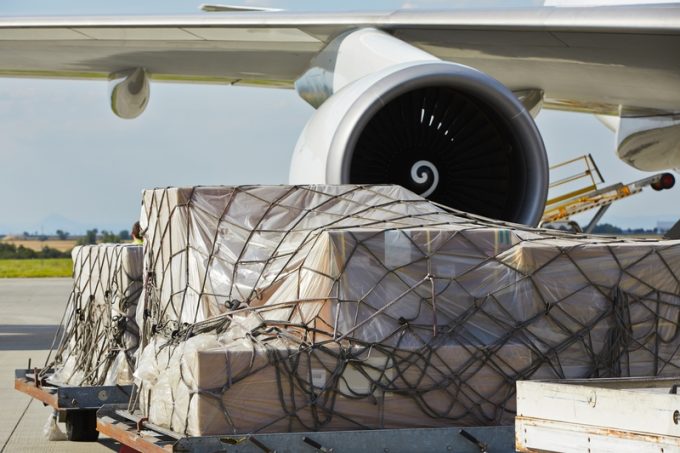
Air freight is straining under the twin pressures of high demand and
disruption from lower capacity and labour shortages, as well as various
Covid restrictions.
Air cargo executives have cited problems across major hubs in Europe,
including Amsterdam, London, Brussels, Frankfurt and Liege, as well as
in the US.
“It’s crazy out there right now,” said one cargo handling executive.
“There are different situations at different airports, and handlers
have different issues. But there has been a huge upturn in freighters,
and passenger freighters, which has caused congestion.
“In the US, there is a dearth of warehouse capacity, and labour in some markets. It’s a bit of a bunfight for staff.”
Forwarders told The Loadstar customers were unhappy with sky-high rates, combined with delays.
“LHR is facing significant delays, as sheds are unable to cope with
the growing demand; waiting times are anything from five to ten hours,”
said Lee Alderman-Davis, global product and development director for
Ligentia.
“We are aware that some sheds are moving units to LGW for breaking,
then returning loose cargo to LHR, which in theory should help ease the
pressure, but in practice is adding further delays, and cargo is being
misplaced.
“At Ligentia, we are routing cargo via other UK airports to keep our
customers’ goods moving, as well as clearing cargo in the airline and
moving to general purpose warehousing for processing, to alleviate the
congestion through the ETSFs [external temporary storage facilities].”
Ms Alderman-Davis said that on Sunday she had gone to Doncaster Sheffield Airport to oversee the landing of a charter flight.
“I was delighted to report goods being unloaded and available for
collection within 24 hours. Air charters have proven, during the
pandemic period, to be an effective solution when organisations need to
move large quantities of goods quickly to meet consumer demands. We’re
currently seeing an increase in charter enquiries due to imminent sales
expected on Black Friday.”
Airports tended to downplay the issue, but one noted knock-on effects
from flight delays in China, which had caused scheduling challenges for
some European airports.
And Roos Bakker, Schiphol Cargo’s director of business development,
acknowledged: “At the moment it’s very, very busy with cargo at our
airport. Handlers are doing everything they can to manage the business.
Last Friday, we had long queues, but with extra operational efforts and
adjustments it now seems to be going better.
“It’s amazing to see, despite small delays, air freight is going so incredibly wel. I’m proud.”
However, one forwarder disagreed and said “the market isn’t good.
Very ungood in fact. There are issues all over the place, and it will
get worse”, and he also queried why handlers were short-staffed.
“Being understaffed isn’t helping. Why can’t they forecast and recruit accordingly? Head-scratching stuff.”
One handler explained that airline schedules and capacity were
constantly shifting, hampering the ability to forecast and ensure
sufficient staff numbers for handlers. He also pointed out that handlers
were unable to flex their prices in the way airlines had.
“Lots of money is being made on cargo right now – but not in
handling. We can’t flex our rates up and down. It’s a bit frustrating.
“You can add surcharges, but it’s difficult to get any degree of
justification, only if you can prove a significant increase in cost. But
we are now in a situation where our cost base has gone through the
roof.”
He predicted the “cargo boom” would continue well into next year, and possibly 2023.
“It’ll take that amount of time for the passenger schedule to come
back. A lot of it also depends on shipping getting on an even keel.”